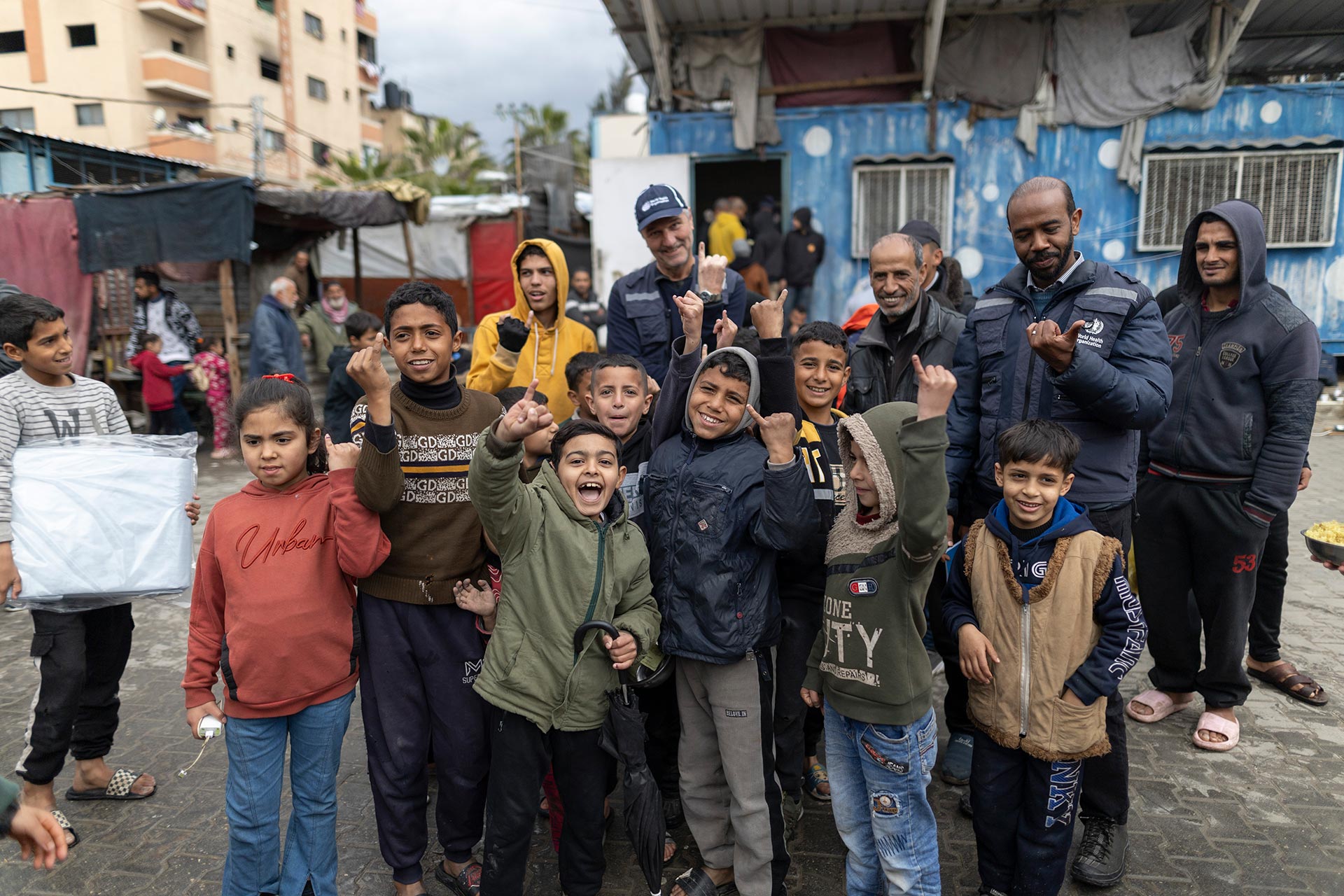The Health Ministers of the G20 countries, meeting in Rome, Italy, on 5-6 September 2021, recommitted to helping secure a lasting polio-free world once and for all. In their official communiqué, the Health Ministers said: “We re-affirm our commitment to eradicate polio… We note the critical role that adaptable surveillance capacity, like that found in the Global Polio Eradication Initiative, has in the ability to reach vulnerable communities to prevent and respond to pandemics.”
The importance to eradicate polio, and the GPEI’s unique value in supporting COVID-19 response efforts, had previously been underscored by other global fora, including at the recent WHO Regional Committee for Africa, the G7 Heads of State meeting, the G7 health ministers meeting and the World Health Assembly.
An integral part of the new GPEI Strategy 2022-2026 is to ensure close coordination with broader public health efforts, to not only achieve a lasting world free of all polioviruses, but also one where the polio infrastructure will continue to benefit other public health emergencies long after the disease has been eradicated. Key to success, however, will be the continued support and engagement of the international development community, including by ensuring that previous pledges are fully and rapidly operationalized.
The GPEI also recognizes the critical role of women in the delivery of health services and has committed to ensuring their empowered engagement in polio eradication efforts in order to reach every last child.



